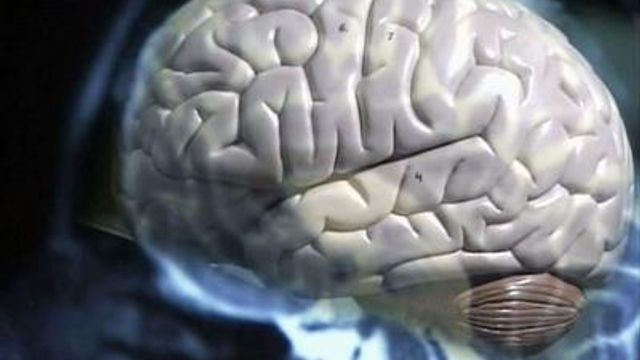Health Team
Knowing Stroke's Symptoms Is Crucial
Knowing the symptoms of a stroke and reacting to one immediately are key in recovery.
Posted — UpdatedGARNER, N.C. — Occupational therapist Judith Castranio helps 77-year-old Hazel Ladd learn safer ways to function around the house.
That wasn't a problem for Ladd until a stroke three weeks ago, when her left hand went numb while she was getting ready for church.
"And when I picked it up, down it went," Ladd said. "And I thought, 'That's not right.'"
Then, she said, the left side of her face drooped.
Weakness or numbness on one side of the body is one of five common stroke symptoms. There also may be sudden loss of vision, sudden imbalance, a sudden headache of unknown cause and slurred speech.
"And the hallmark that distinguishes each of those features is the suddenness of it, the sudden onset," said Dr. Keith Hull, a neurologist at WakeMed.
Hull said most strokes involve a blood clot in the brain that blocks oxygen and nutrients. Without treatment, almost 2 million brain cells die every minute.
An agent called TPA can bust the clot and restore blood flow, but time is of the essence, Hull said.
"That agent can only be delivered within three hours after a stroke," he said.
Doctors need one hour to run tests to see if the patient is a good candidate for TPA. That leaves two hours to act. Medical experts say the best thing to do if there are symptoms is to call 911 to get you to the hospital so you preserve as much time as possible.
With treatment, the chance of recovery without serious disability is 30 percent better.
It worked for Ladd, who is now doing exercises to strengthen her affected muscles.
"But I feel I've had a miraculous recovery" she said.
• Credits
Copyright 2024 by Capitol Broadcasting Company. All rights reserved. This material may not be published, broadcast, rewritten or redistributed.





